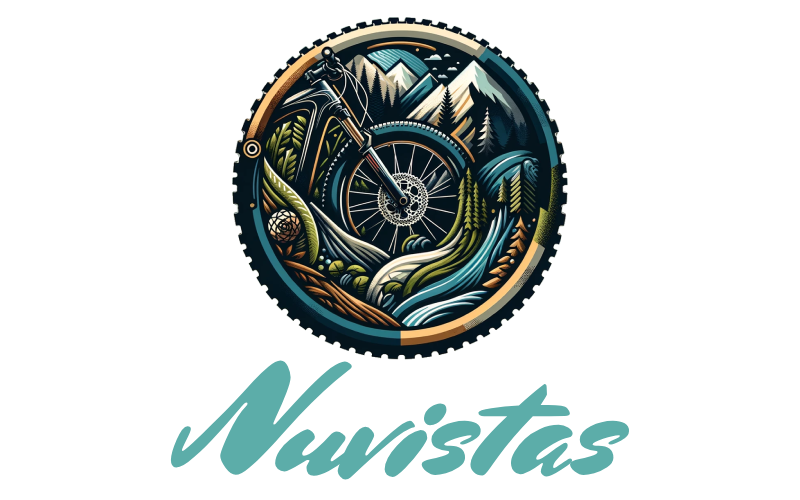In an era where the pace of life seems ever-accelerating, there’s a growing movement towards grounding ourselves through practices that have stood the test of time. Ancient wellness traditions, with their deep roots and time-proven benefits, are experiencing a renaissance in our modern world. Among these, Ayurveda, traditional Chinese medicine (TCM), and Nordic sauna rituals are not only surviving but thriving, as they are being seamlessly woven into contemporary wellness routines. This resurgence is not a rejection of modern medicine but rather a complementary blending that enriches our holistic approach to health and well-being.
Ayurveda, a system of medicine that originated in India more than 3,000 years ago, is predicated on the belief that health and wellness depend on a delicate balance between the mind, body, and spirit. Its principles revolve around customizing dietary and lifestyle adjustments to maintain this equilibrium, tailored to an individual’s unique constitution, or “dosha.” In the modern wellness landscape, Ayurvedic practices are being embraced in the form of personalized nutrition, herbal treatments, and yoga routines, offering a holistic approach to preventing disease and promoting longevity. The concept of detoxification through Ayurvedic practices, such as Panchakarma, aligns with the contemporary focus on cleansing and rejuvenation, making it a sought-after ritual in spas and wellness centers worldwide.
Traditional Chinese Medicine, with its origins dating back more than 2,500 years, encompasses a range of practices including acupuncture, cupping, herbal medicine, and Qi Gong. The underlying philosophy of TCM is the concept of Qi or life force, and the importance of harmony and balance within the body and between the body and the natural world. In recent years, acupuncture and cupping have gained significant traction in the West for their effectiveness in treating chronic pain and stress-related disorders, illustrating a compelling example of how ancient wisdom is being integrated into mainstream healthcare practices. Furthermore, the use of herbal formulas from TCM in modern supplements and teas exemplifies how ancient practices are being adapted to fit the contemporary quest for natural and holistic health solutions.
The Nordic sauna ritual, deeply ingrained in the culture of Finland and its neighbors, is another ancient wellness practice that has permeated global wellness culture. Traditionally, these saunas were not just about physical cleansing but also served as a sacred space for mental and spiritual purification. The modern adaptation of sauna practices, including infrared saunas and steam baths, underscores the enduring appeal of heat therapy for relaxation, detoxification, and enhanced cardiovascular health. The communal aspect of sauna-going, which fosters a sense of connection and well-being, resonates with the modern emphasis on wellness as a shared experience, making it a popular feature in community centers, gyms, and luxury spas alike.
The integration of these ancient practices into contemporary life speaks to a broader longing for balance, connection, and healing that transcends cultural and temporal boundaries. It reflects a collective acknowledgment that the wisdom of our ancestors holds key insights into achieving harmony and wellness in our fast-paced, technology-driven world. By incorporating elements of Ayurveda, TCM, and Nordic sauna rituals into daily routines, individuals are rediscovering the power of these practices to nurture the body, calm the mind, and reconnect with the rhythms of nature.
In conclusion, the blending of ancient wellness traditions with modern lifestyles represents a holistic approach to health that honors the complexity of the human experience. As we continue to navigate the challenges of contemporary life, the wisdom of ancient practices like Ayurveda, traditional Chinese medicine, and Nordic sauna rituals offers timeless tools for self-care, resilience, and well-being. By embracing these traditions, we not only pay homage to the past but also pave the way for a healthier, more balanced future.
